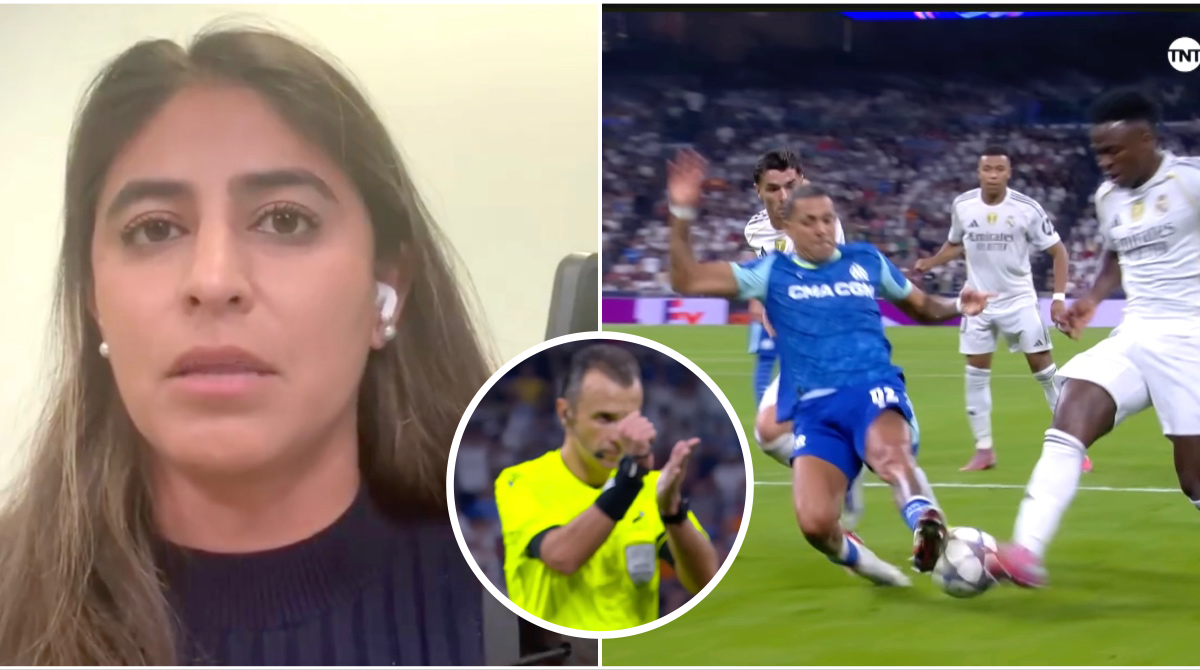Why Are Prosecutors Dropping Trump’s DC Crime Cases?
Published: 2025-09-17 04:18:24 | Category: Trump GNEWS Search
In recent weeks, over 50 individuals have been charged in Washington, D.C., following President Donald Trump’s emergency law-and-order initiative, which aimed to address rising crime rates. However, this unprecedented surge in arrests has raised significant concerns about the quality and validity of the prosecutions, leading to a high rate of case dismissals. As a result, judges are questioning whether the evidence has been thoroughly vetted before charges are filed, highlighting potential flaws in the judicial process.
Last updated: 05 October 2023 (BST)
Key Takeaways
- Over 50 individuals charged since Trump's emergency law surge began.
- At least 11 cases have already been dismissed, raising concerns about judicial efficiency.
- Judges are questioning the adequacy of evidence in surge-related prosecutions.
- Prosecutors have faced pushback from grand juries, refusing to indict in several cases.
- U.S. Attorney Jeanine Pirro's office is under scrutiny for its handling of cases.
Background of the Emergency Surge
On 7 August 2023, President Trump announced an emergency deployment of federal agents and National Guard members in response to a perceived increase in crime in Washington, D.C. This initiative sparked a surge in arrests, with the White House reporting over 2,000 individuals apprehended since the deployment.
Despite these impressive numbers, the quality of charges has come under scrutiny. Many cases have faced dismissal due to inadequate evidence, leading to concerns about the potential misuse of judicial resources.
Concerns Raised by Judges
Judges have voiced significant concerns regarding the emergency surge strategy. U.S. Magistrate Judge Matthew Sharbaugh highlighted the risks associated with hastily filed charges, stating, "That’s not the way it’s supposed to work, and it has real-world consequences." This statement reflects a growing unease in the judicial system regarding the rapid influx of cases and their subsequent evaluation.
Sharbaugh's court dismissed two felony assault cases that were brought by U.S. Attorney Jeanine Pirro's office. The cases involved allegations of assault against federal agents, but upon review, the evidence was deemed insufficient for felony charges.
Specific Cases Under Scrutiny
One notable dismissal involved Scott Pichon, who was accused of spitting on two members of the South Carolina Army National Guard. Initially charged with felony assault, prosecutors opted to reduce the charges to misdemeanours in D.C. Superior Court. The other case involved Paul Nguyen, accused of assaulting a federal agent during a street fight. Both cases were dropped after prosecutors reviewed the evidence, with no specific issues cited.
Nguyen, who suffered a broken arm during his arrest, expressed the emotional toll the experience took on him, stating, “It was the scariest experience of my life.” Such testimonies underscore the personal impact of the legal proceedings on individuals involved.
Judicial Pushback Against the Surge
The dismissal of cases isn’t the only sign of discontent within the judicial system. Grand juries have refused to return indictments in at least eight cases, an unusual occurrence that indicates skepticism regarding the strength of the evidence being presented by prosecutors. This rare pushback raises questions about the appropriateness of the surge strategy and the underlying motivations for such a rapid increase in arrests.
U.S. Attorney's Response
In response to the criticisms, U.S. Attorney Jeanine Pirro defended her office's actions, stating that they “follow the evidence wherever it leads.” She emphasised the importance of evaluating each case as it develops to ensure justice is served. However, her office has faced significant criticism from judges, including Magistrate Judge Zia Faruqui, who claimed that the handling of cases has tarnished the office's reputation.
The Bigger Picture: Implications for Justice
The current situation presents broader implications for the justice system in Washington, D.C. The rapid surge in arrests, coupled with the high dismissal rate of cases, raises concerns not only about individual rights but also about the integrity of the legal process as a whole. Critics argue that the approach may be more about political optics than effective law enforcement.
This ongoing situation highlights the delicate balance between enforcing the law and ensuring that justice is served fairly. As the courts grapple with the fallout from the emergency surge, the future of similar initiatives may hinge on the outcomes of these cases.
Future of the Surge Strategy
As the situation evolves, it remains to be seen how the surge strategy will affect law enforcement in Washington and whether similar approaches will be adopted in other regions. The administration may need to reassess its tactics in light of the judicial feedback and potential challenges to the legality of the charges being filed.
With the rise in dismissals and judicial scrutiny, it is crucial for law enforcement to ensure that the evidence backing charges is robust and well-founded. Otherwise, the credibility of the judicial system may suffer long-term consequences.
Conclusion
The emergency law-and-order surge initiated by President Trump has led to a significant number of arrests in Washington, D.C., but the ramifications of these actions are increasingly coming under scrutiny. As cases are dismissed and grand juries refuse to indict, the effectiveness of this strategy is being questioned. The situation calls for a careful examination of how law enforcement balances the need for public safety with the rights of individuals and the integrity of the judicial process.
What does the future hold for emergency law enforcement initiatives? Could this experience lead to a re-evaluation of similar strategies nationwide? #LawAndOrder #JusticeSystem #PublicSafety
FAQs
What are the main criticisms of the emergency surge strategy?
The main criticisms include a high dismissal rate of cases, inadequate evidence for charges, and concerns about judicial efficiency and resource allocation in the court system.
What impact has the surge had on individual cases?
Many individuals have faced reduced charges or case dismissals, raising questions about the adequacy of the evidence presented by prosecutors and the overall effectiveness of law enforcement strategies.
How have judges reacted to the surge-related cases?
Judges have expressed significant concerns regarding the quality of the evidence in surge-related prosecutions, with some warning that the current approach could undermine the justice system.
What are the potential implications for future law enforcement strategies?
The ongoing scrutiny and high dismissal rates may lead to a re-evaluation of similar emergency law enforcement initiatives, impacting how authorities address crime in the future.
What steps are being taken to improve the situation?
There is a call for law enforcement to ensure that evidence is thoroughly evaluated before charges are filed, aiming to restore confidence in the judicial process and uphold individual rights.



